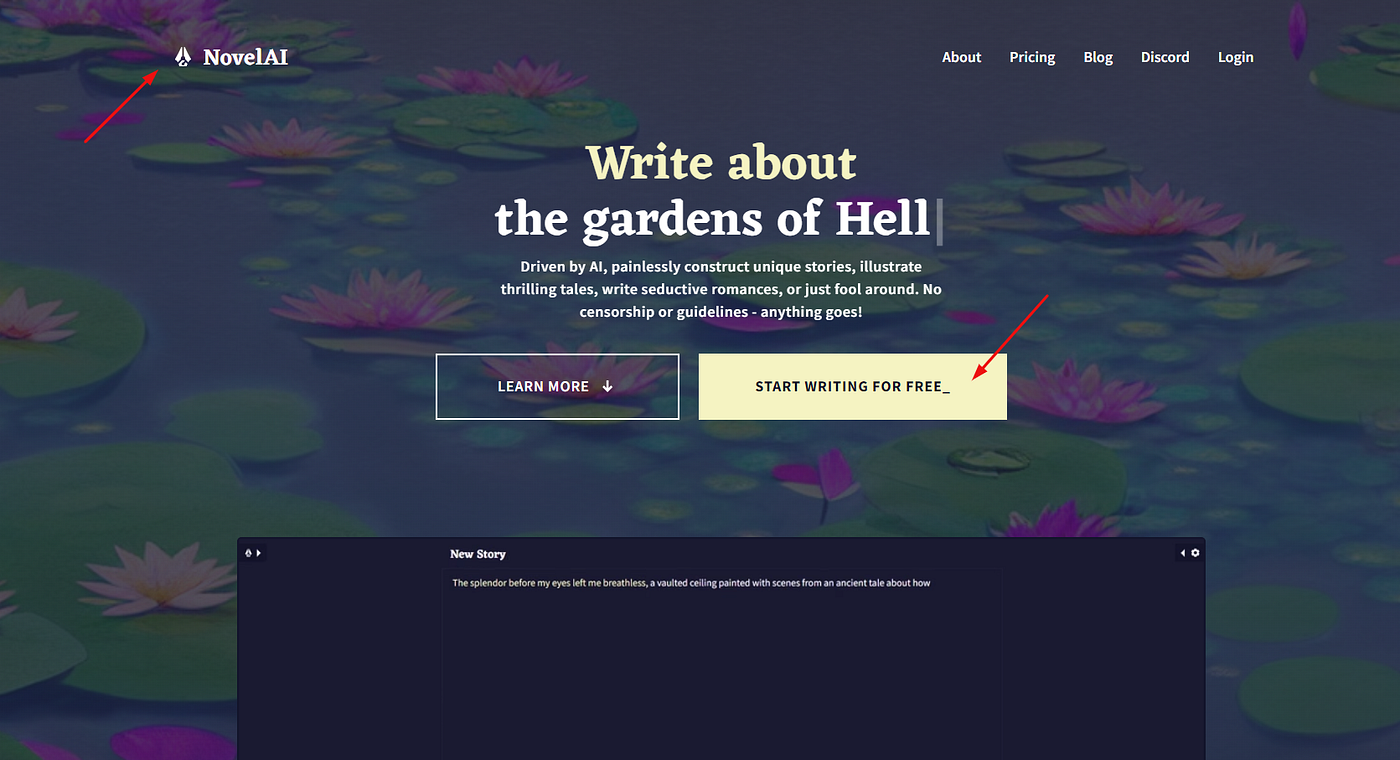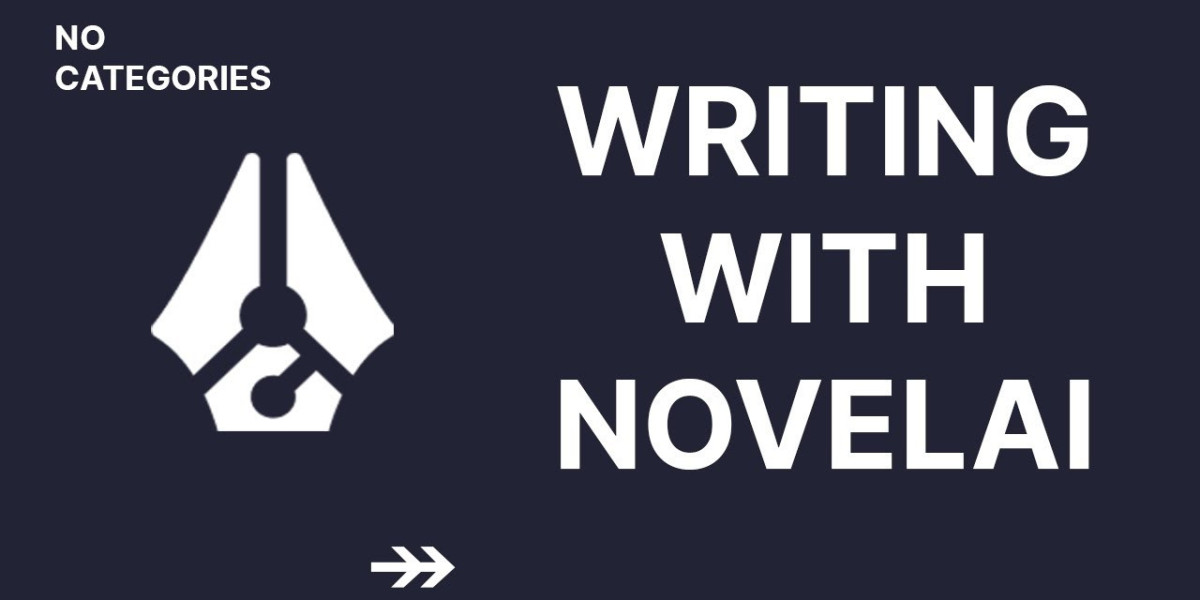Understanding NovelAI:
NovelAI represents a groundbreaking advancement in artificial intelligence specifically tailored for writing tasks. Powered by state-of-the-art machine learning algorithms, NovelAI has the capability to generate text that is coherent, creative, and contextually relevant. By analyzing vast amounts of data, including literature, articles, and various writing styles, NovelAI can mimic human-like writing with remarkable accuracy.
Enhancing Creativity:
One of the most intriguing aspects of NovelAI is its ability to enhance creativity in the writing process. Writers can leverage the platform to overcome creative blocks, explore new ideas, and experiment with different writing styles. NovelAI's intuitive interface allows users to input prompts or ideas, prompting the AI to generate unique and imaginative content. This collaborative approach between human writers and AI fosters a dynamic creative environment, leading to the development of compelling narratives and engaging content.

Streamlining the Writing Process:
Beyond stimulating creativity, NovelAI streamlines the writing process by automating repetitive tasks and generating content at a rapid pace. Writers can leverage the tool to draft outlines, brainstorm plot points, and even generate entire passages of text. This accelerates the writing process, allowing authors to focus their energy on refining and polishing their work rather than getting bogged down by initial drafts. Additionally, NovelAI's predictive capabilities can assist writers in generating cohesive story arcs and maintaining consistency throughout their narratives.
Expanding Possibilities:
The advent of NovelAI opens up a myriad of possibilities for writers across various genres and industries. From authors seeking to draft their next bestseller to content creators looking to produce engaging articles and marketing copy, NovelAI offers a versatile solution for a wide range of writing tasks. Moreover, the platform's adaptability enables users to tailor its output to suit their specific needs, whether it be generating dialogue for a screenplay or crafting descriptive passages for a novel.
Challenges and Ethical Considerations:
While NovelAI holds immense potential, its proliferation also raises certain challenges and ethical considerations. Questions regarding authorship, intellectual property rights, and the ethical use of AI-generated content remain paramount. Additionally, there is a need to address concerns regarding the potential for bias in AI-generated text and its impact on societal perceptions and narratives.
Looking Ahead:
As NovelAI and similar AI writing tools continue to evolve, it is clear that they will play an increasingly significant role in the writing landscape. Embracing these technologies offers writers the opportunity to explore new creative horizons, streamline their workflows, and unlock unprecedented levels of productivity. However, it is essential to approach their use thoughtfully and ethically, ensuring that they enhance, rather than replace, the human element of writing.
Conclusion:
The emergence of NovelAI heralds a new chapter in the evolution of writing, where the boundaries between human creativity and artificial intelligence blur. By harnessing the power of AI, writers can embark on a journey of exploration and innovation, pushing the boundaries of what is possible in the realm of storytelling and content creation. As we navigate this exciting new frontier, it is imperative to embrace these advancements responsibly, fostering a symbiotic relationship between human ingenuity and technological innovation for the betterment of writing as a whole.















